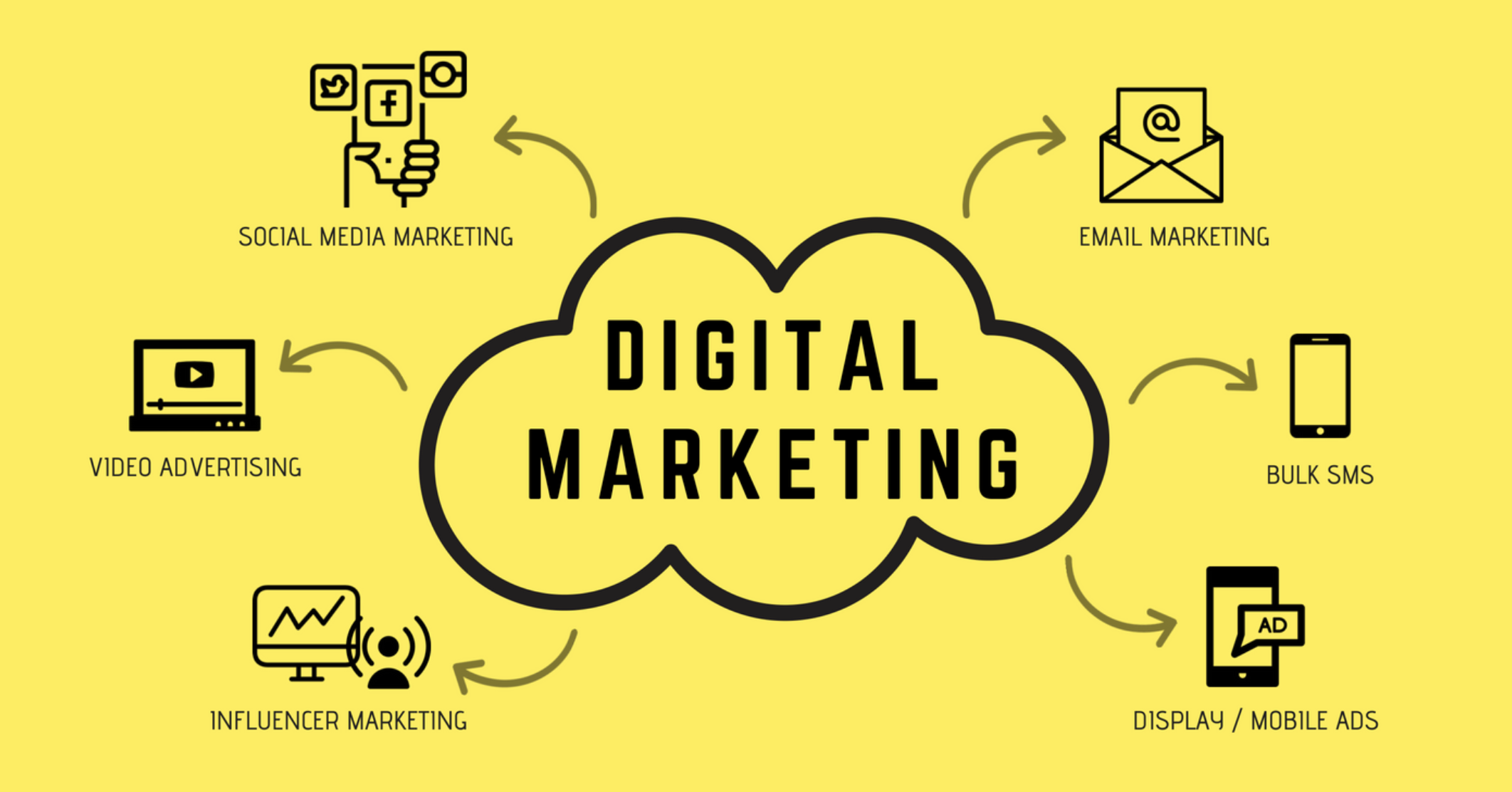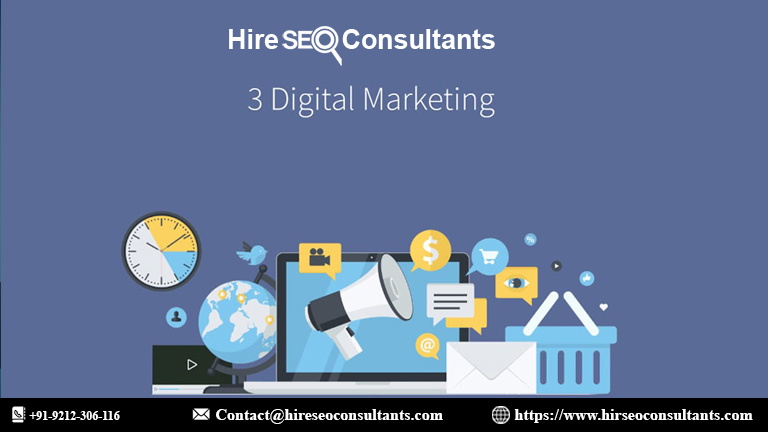The Future of Social Media with Nextgen VR Platforms
Social media is constantly evolving, and the next big shift is happening with the rise of NextGen Virtual Reality (VR) platforms. As technology advances, social interactions are moving beyond text-based conversations and video calls into fully immersive digital environments. With the integration of VR, social media is set to become more interactive, engaging, and lifelike than ever before.

Social media is constantly evolving, and the next big shift is happening with the rise of NextGen Virtual Reality (VR) platforms. As technology advances, social interactions are moving beyond text-based conversations and video calls into fully immersive digital environments. With the integration of VR, social media is set to become more interactive, engaging, and lifelike than ever before.
The Rise of VR in Social Media
Virtual Reality has long been associated with gaming and entertainment, but its potential for social media is now becoming a reality. Companies like Meta (formerly Facebook), Microsoft, and other tech giants are investing heavily in VR to create virtual spaces where people can interact, work, and socialize in a completely new way.
Instead of scrolling through a newsfeed, users will be able to step into a virtual world where they can meet friends, attend virtual concerts, visit digital art galleries, and even shop in 3D stores. This shift is transforming the way people connect, making online interactions feel as real as face-to-face conversations.
How NextGen VR Platforms Will Change Social Media
-
Immersive Social Interactions
With VR, social media users will no longer be limited to text messages or video chats. Instead, they can engage in lifelike conversations through avatars that mimic facial expressions, hand gestures, and body language, creating a deeper sense of presence. -
Virtual Events and Experiences
Social media will move beyond just sharing posts to experiencing moments together in VR. Users can attend virtual concerts, live sports events, and even interactive meetups with friends and influencers from around the world. -
Enhanced Digital Marketplaces
Businesses will have new opportunities to engage customers in VR-based shopping experiences. Instead of viewing static product images, users will be able to explore virtual stores, try on clothes using digital avatars, and interact with 3D products before making a purchase. -
New Forms of Content Creation
VR will introduce innovative content formats, allowing creators to design interactive 3D environments instead of simple videos or images. Social media influencers will have an entirely new way to engage their audiences through virtual meetups and immersive storytelling. -
Revolutionizing Remote Work and Collaboration
Social VR platforms will also impact professional networking. Virtual offices, boardrooms, and coworking spaces will become the norm, making remote work more interactive and engaging compared to traditional video conferencing tools.
Challenges and Considerations
While NextGen VR platforms offer exciting possibilities, there are challenges to address, such as accessibility, privacy, and digital well-being. VR technology requires expensive headsets, which may limit access for some users. Additionally, concerns about data privacy and security in virtual spaces will need to be managed carefully to protect users.
Conclusion
The future of social media is set to be transformed by NextGen VR platforms, making digital interactions more immersive, engaging, and experiential. As technology advances, VR social media will redefine the way people connect, work, and share experiences online. Businesses, content creators, and users should start preparing for this shift, as VR-based social platforms are poised to become the next big trend in digital communication.
What's Your Reaction?




















